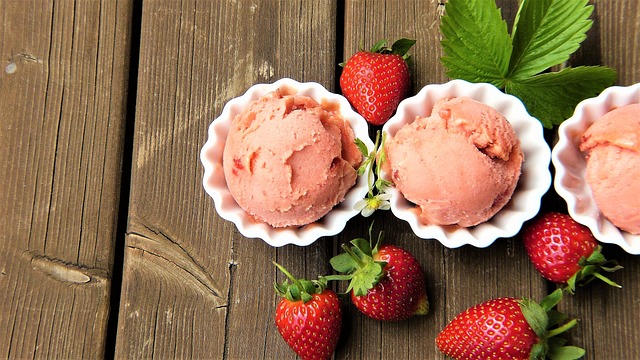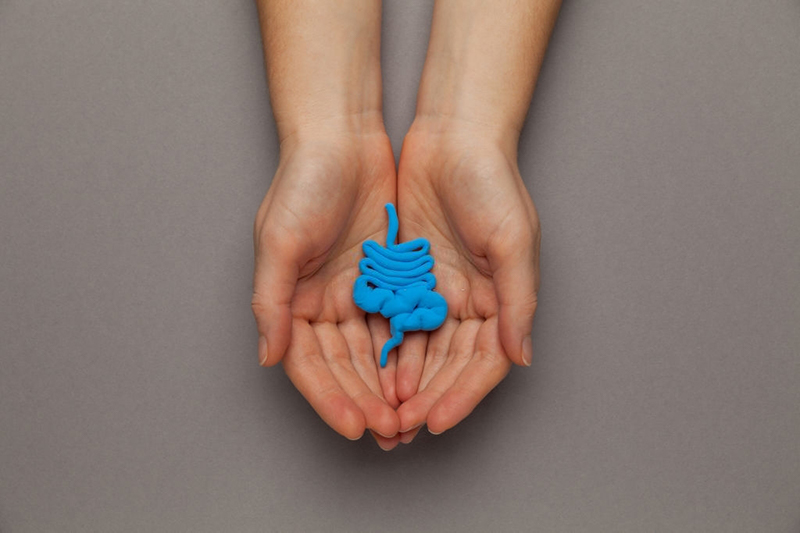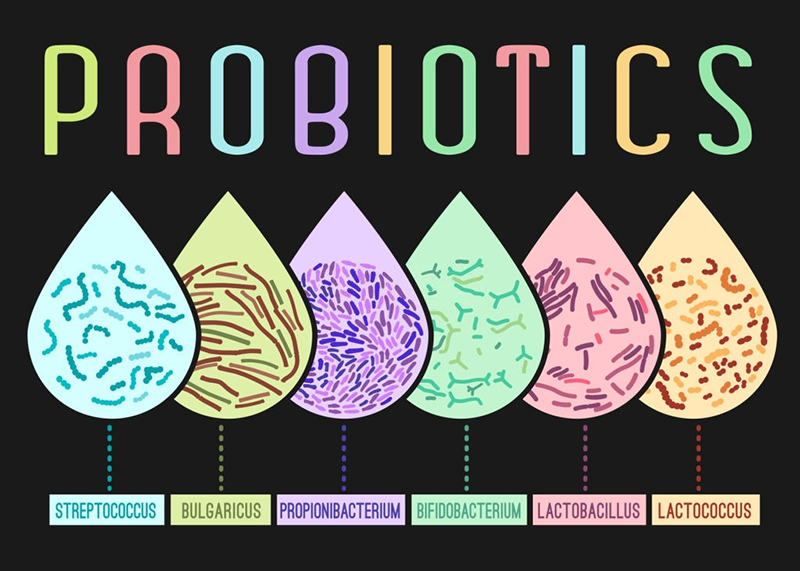Probiotics seem to be everywhere nowadays. From pills and powders to yogurt and kombucha, it seems like everyone is talking about the benefits of these little living organisms. But what are probiotics, and why are they so fascinating?
What are Probiotics?
Probiotics are live microorganisms that are found naturally in the human body, as well as in some foods and supplements. These microorganisms are typically made up of two main types of bacteria: lactobacillus and bifidobacterium.
Probiotics work by colonizing the gut with beneficial bacteria, helping to balance the population of microorganisms living there. They also play an important role in regulating the immune system, helping to keep the gut healthy and free from harmful bacteria.
How do Probiotics Work?
Probiotics work by colonizing the gut with beneficial bacteria. When we eat foods that contain live probiotics, these microorganisms travel through the digestive tract and begin to populate the gut. Once there, they can help to break down food and promote the growth of other beneficial bacteria, helping to maintain a healthy balance of microorganisms in the gut.
In addition to their role in regulating the gut microbiome, probiotics also play an important role in regulating the immune system. Research has shown that the gut and the immune system are closely connected, and that probiotics can help to modulate immune function, improving overall health and well-being.
The Benefits of Probiotics
There are a number of potential benefits associated with consuming probiotics. Here are just a few:
- Improved gut health: Probiotics can help to regulate the gut microbiome, improving digestive health and reducing the risk of gastrointestinal issues like irritable bowel syndrome (IBS), inflammatory bowel disease (IBD), and diarrhea.
- Improved immunity: Probiotics have been shown to modulate immune function, helping to improve overall health and well-being. Some studies have also suggested that probiotics may help to reduce the severity and duration of respiratory infections.
- Improved mental health: There is some evidence to suggest that probiotics may have a positive impact on mental health. Research has shown that consuming probiotics may help to reduce symptoms of anxiety and depression, although more research is needed to fully understand this link.
- Reduced inflammation: Chronic inflammation is a risk factor for a number of health conditions, including heart disease, diabetes, and cancer. Research has shown that consuming probiotics may help to reduce inflammation, potentially reducing the risk of these and other chronic diseases.
How to Get More Probiotics
There are a number of foods and supplements that are rich in probiotics. Here are just a few:
- Yogurt: Yogurt is one of the most popular sources of probiotics. Look for brands that contain live and active cultures, and avoid those that have added sugars or artificial sweeteners.
- Kefir: Kefir is a fermented milk drink that is similar to yogurt. It is made by fermenting milk with kefir grains, which are a combination of bacteria and yeast. Like yogurt, it is high in probiotics.
- Kombucha: Kombucha is a fermented tea that is high in probiotics. It is made by fermenting tea with a symbiotic culture of bacteria and yeast, known as a SCOBY.
- Supplements: Probiotic supplements are also available in pill and powder form. These supplements typically contain a concentrated dose of live bacteria and may be helpful for those who do not consume enough probiotic-rich foods in their diet.
The Fascinating Science of Probiotics
Probiotics are truly fascinating. From their role in regulating the gut microbiome to their potential to improve mental health, these tiny microorganisms have a lot to offer. If you’re interested in improving your overall health and well-being, consider adding more probiotic-rich foods and supplements to your diet.







